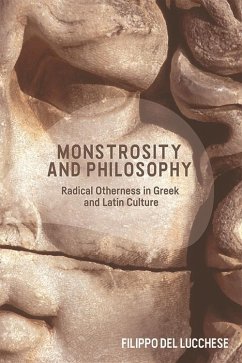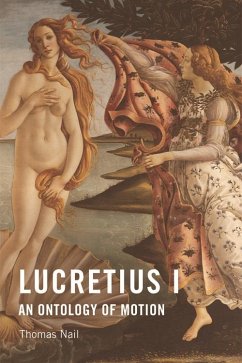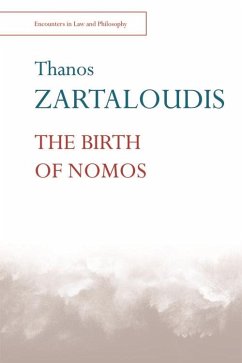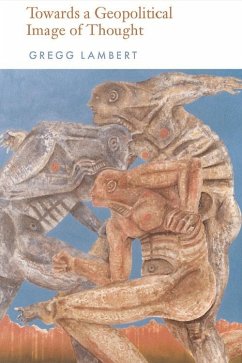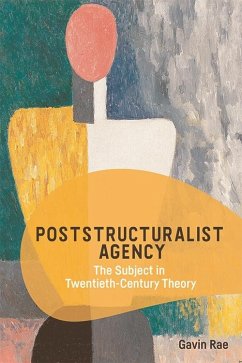
Monstrosity and Philosophy (eBook, ePUB)
Radical Otherness in Greek and Latin Culture
Versandkostenfrei!
Sofort per Download lieferbar
3,99 €
inkl. MwSt.
Weitere Ausgaben:

PAYBACK Punkte
2 °P sammeln!
Amazons and giants, snakes and gorgons, centaurs and gryphons: monsters abounded in the ancient world. They raise enduring philosophical questions: about chaos and order; about divinity and perversion; about meaning and purpose; about the hierarchy of nature or its absence. Del Lucchese grapples with the concept of monstrosity, showing how ancient philosophers explored metaphysics, ontology, theology and politics to respond to the challenge of radical otherness in nature and in thought.
Dieser Download kann aus rechtlichen Gründen nur mit Rechnungsadresse in A, B, BG, CY, CZ, D, DK, EW, E, FIN, F, GR, HR, H, IRL, I, LT, L, LR, M, NL, PL, P, R, S, SLO, SK ausgeliefert werden.




